Anyone who didn’t see Bob Dylan’s divisive religious phase coming in the late 1970s likely hadn’t listened to the lyrics of “Changing of the Guards” closely enough. The 1978 track off Street-Legal is a rousing, nearly seven-minute number featuring a driving rock arrangement and charmingly loose, gospel-inspired backing vocals. With nine verses chock-full of sacred and secular imagery, it’s a song with the potential for countless interpretations.
Videos by American Songwriter
While this open-endedness is part of what makes Dylan’s writing so distinct, even his opaque writing in “Changing of the Guards” offers symbolism and imagery that not only recounts his career up to that point but also previews what would become one of the most controversial shifts of his career.
Bob Dylan Reflects On Past Career In “Changing of the Guards”
Part of Bob Dylan’s allure comes from his transition from Minnesota-born Robert Zimmerman to the vagabond legend of New York City’s folk scene. His 1963 sophomore album, The Freewheelin’ Bob Dylan, cemented his place as a folkie legend with protest songs like “Blowin’ in the Wind” and “A Hard Rain’s a-Gonna Fall.” Suddenly, Dylan wasn’t just a songwriter. He was the voice of an incredibly tumultuous and powerful social movement. Dylan gave up this high-profile mantle by the end of the decade.
The first verses of “Changing of the Guards” seem to reflect this shift. Sixteen years, sixteen banners united over the field, he begins the song, seemingly referencing the sixteen albums he had released prior to Street-Legal. He describes desperate men and desperate women divided, a scene which sets up the next verse recounting his introduction to the music industry. Fortune calls, the second verse begins. I stepped forth from the shadows to the marketplace. Merchants and thieves, hungry for power, my last deal gone down, he continues. Switch “merchants and thieves” for “music makers and music sellers,” and Dylan’s imagery evokes thoughts of the hyper-competitive business element of being a popular artist.
Later in the song, Dylan sings about riding past destruction in the ditches as renegade priests and treacherous young witches were handing out the flowers that I’d given to you. This verse could allude to Dylan’s somewhat accidental role as the “voice of a generation” as he reflects on the bastardization of his original messages into trendy fads and soundbites for counterculture youths.
The Song Features Plenty Of Religious Imagery, Too
Bob Dylan’s transition into sacred music was so controversial and distinct that fans and critics often refer to it as the songwriter’s “Christian phase,” bookmarked by three albums between 1979 and 1981: Slow Train Coming, Saved, and Shot of Love. For some, Dylan’s move toward Christian rock music was a surprise. But a closer look at “Changing of the Guards” would reveal a songwriter already focused on tales of Christianity, polytheism, and paganism. More obvious references to Jesus Christ appear in the final verses, where Dylan seemingly sings about the crucifixion and resurrection.
There’s a distinct change in tone as Dylan sings, Eden is burning, either get ready for elimination or else your hearts must have the courage for the changing of the guards. This verse paints the portrait of a religious upheaval and reckoning. But in true Dylan fashion, double meanings are likely, too. Given the current events happening around the time Dylan wrote this record, it’s likely that he was reflecting on the changing of the guards in a musical sense: the exit of old artists and the introduction of the new ones. Interestingly, Elvis Presley died during the recording of Street-Legal, a historic event that deeply affected Dylan. “I broke down,” he recalled in 1978. “I didn’t talk to anyone for a week after Elvis died.”
In some ways, the grieving Dylan could have been pondering the impermanence of life and, in turn, fame and artistry. Our interpretations aside, even Dylan has admitted the song’s actual meaning changes with time. “It means something different every time I sing it,” he once said, calling the song “a thousand years old.”
Photo by United Artists/Kobal/Shutterstock

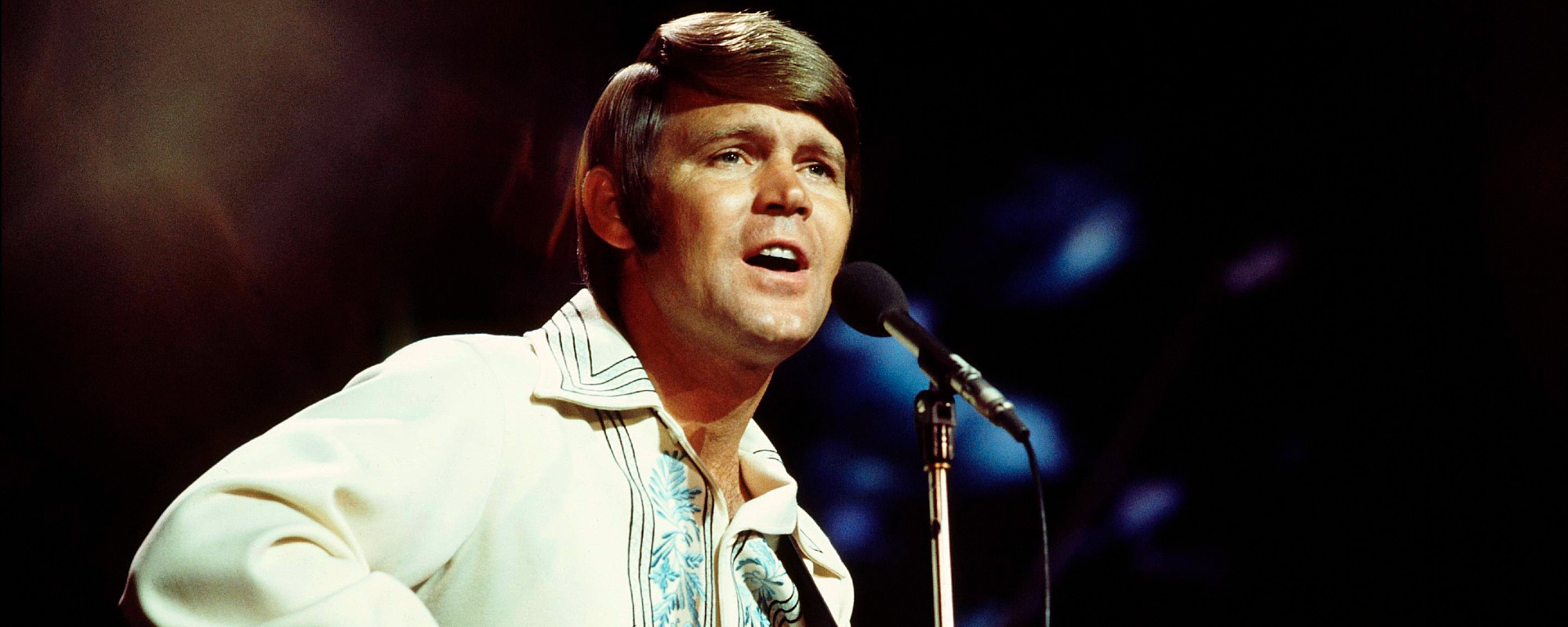
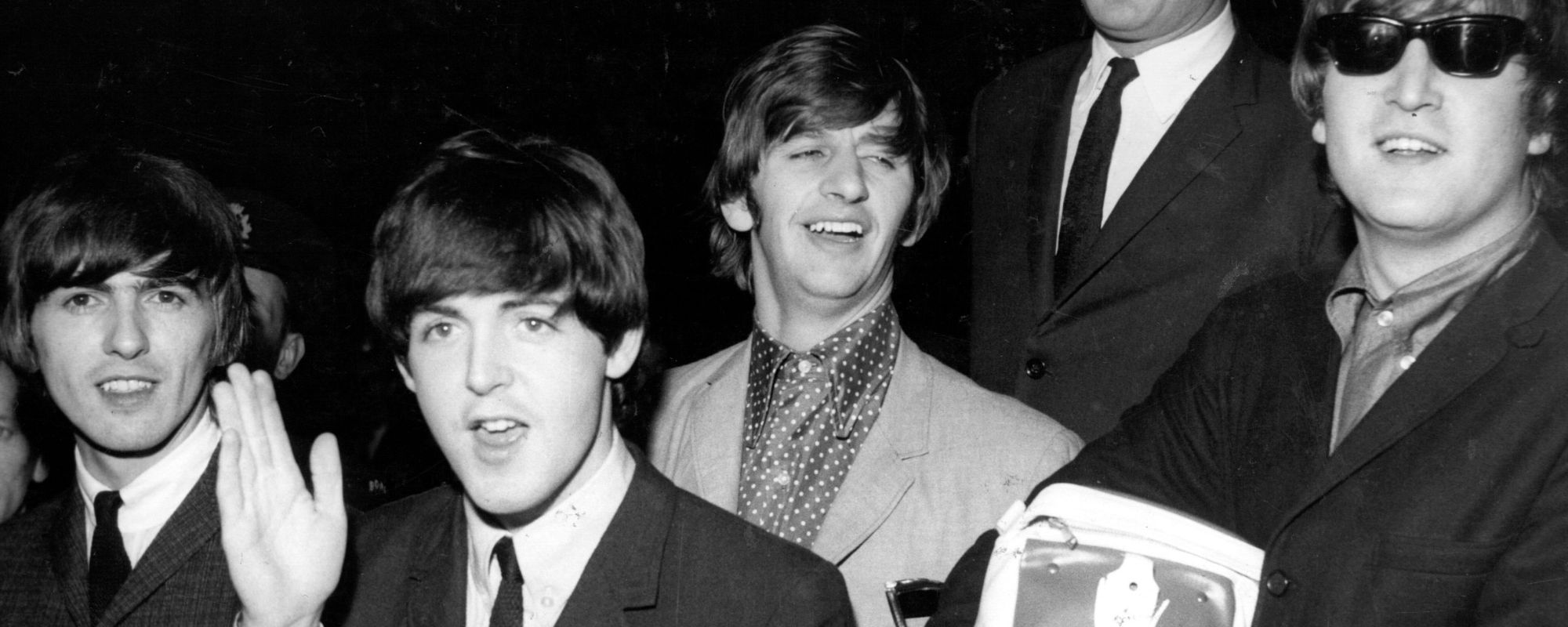
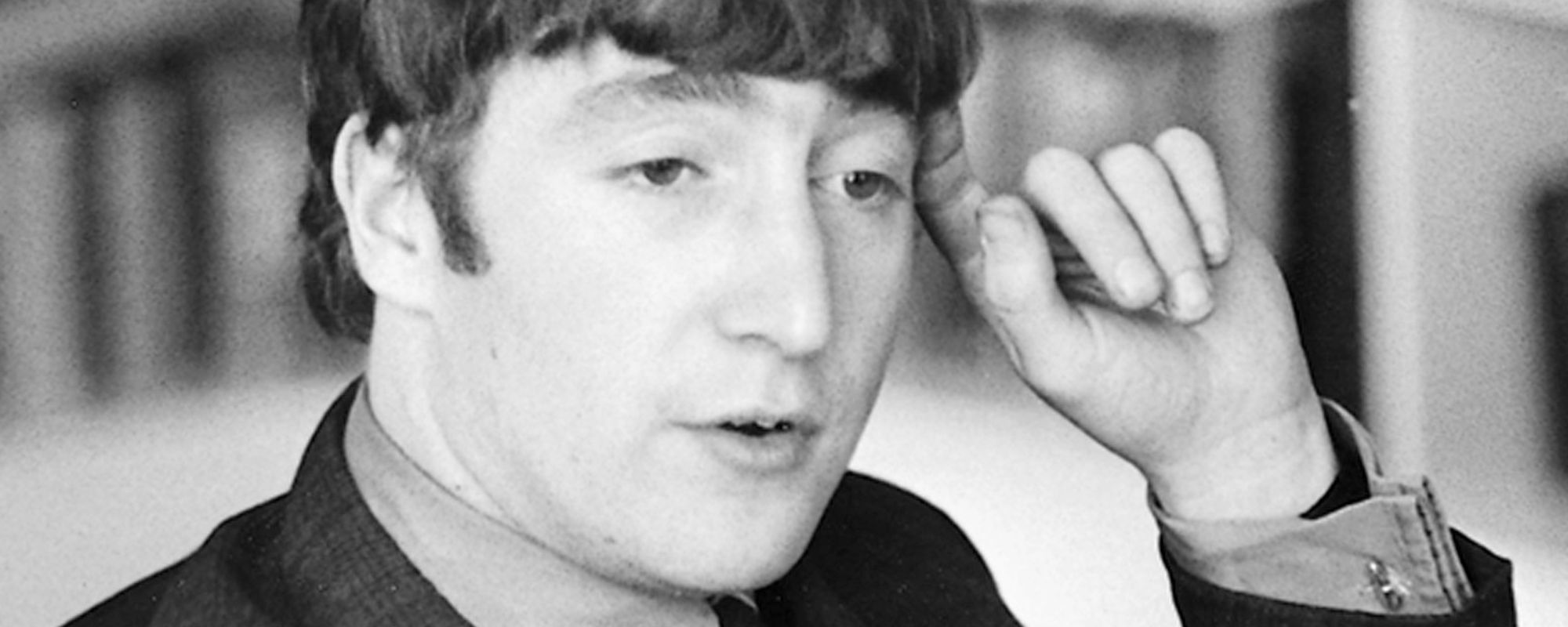



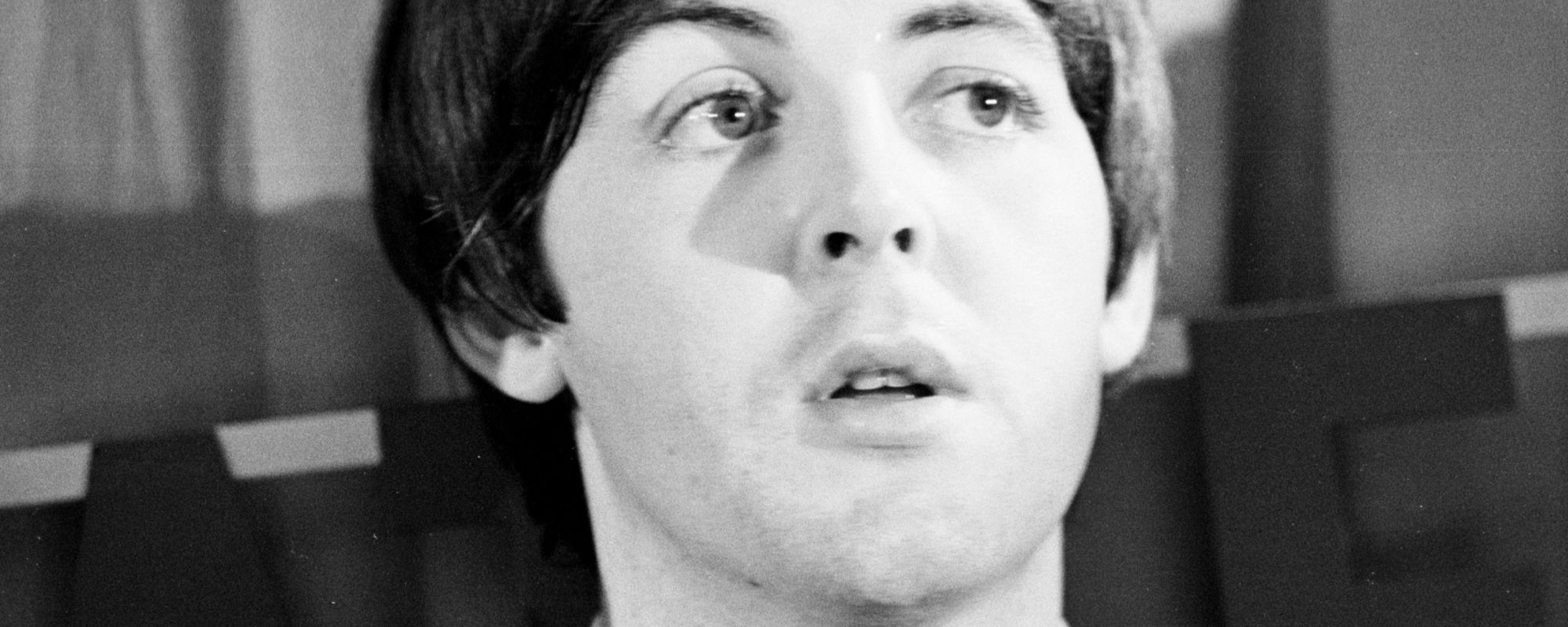

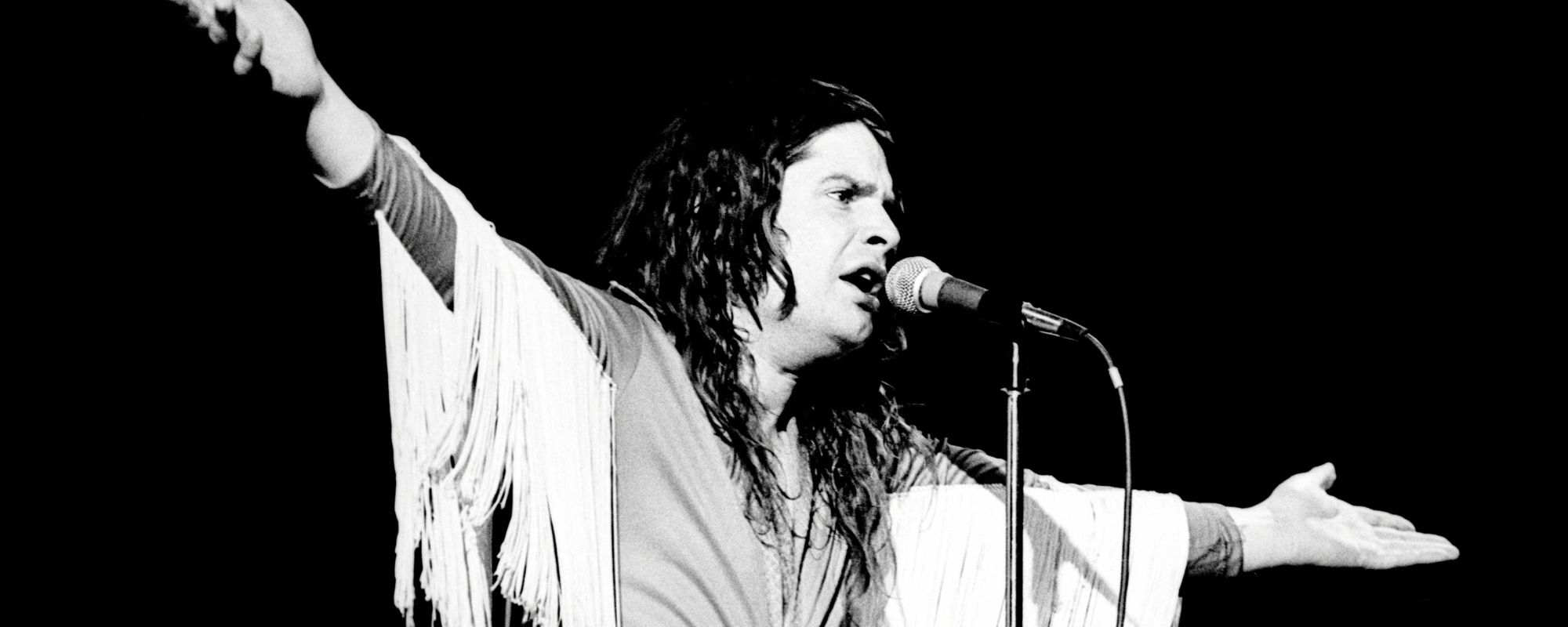
Leave a Reply
Only members can comment. Become a member. Already a member? Log in.